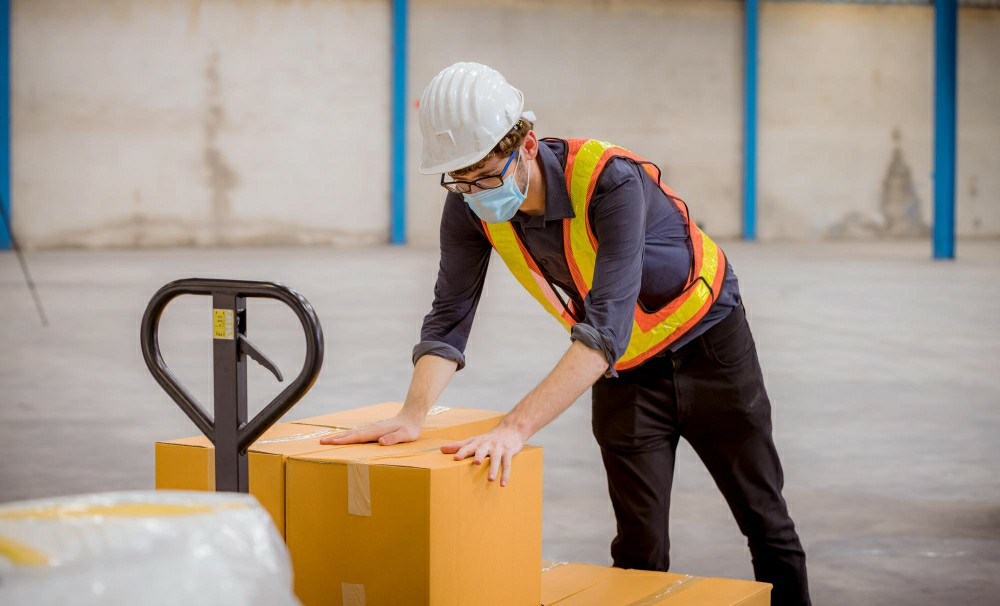


 349,500 Offered Certificates
349,500 Offered Certificates
 24/7 Online Training
24/7 Online Training
 Money Back Guarantee
Money Back Guarantee
 Fully Accredited Courses
Fully Accredited Courses

Created at: 28-12-2024 22:03
In the fast-paced world of healthcare, ensuring the safety of both staff and patients is paramount. One key aspect of this safety is manual handling-first training. This specialized training is vital for professionals including nurses, caregivers, and other healthcare workers who routinely engage in activities that require lifting, moving, and supporting patients. In this blog, we explore why manual handling-first training is essential, the key components of a comprehensive training course, and the benefits of online options.
Manual handling refers to any transporting or supporting of a load by physical effort. In healthcare settings, this often involves lifting and moving patients, which can pose significant risks. The Health and Safety Authority (HSA) of Ireland reports numerous workplace injuries related to improper manual handling, particularly within the healthcare sector. Thus, adopting safe manual handling techniques is crucial for injury prevention.
A well-structured manual handling-first training course offers a blend of theoretical knowledge and practical skills. Here are the critical components:
Obtaining certification in manual handling-first training not only enhances personal competency but also significantly boosts workplace safety standards. Some benefits include:
With the demands of healthcare work, many professionals seek flexibility in their training options. Online manual handling-first courses provide a convenient alternative, allowing participants to learn at their own pace. These courses cover all essential topics, ensuring comprehensive education while fitting the busy schedules of healthcare workers across Ireland, including in major cities such as Dublin, Cork, and Galway.
Upon successful completion of a manual handling-first training course, participants undergo a certification process. This typically involves:
In conclusion, investing in certified manual handling-first training is crucial for healthcare professionals in Ireland. This training not only enhances personal safety and compliance with workplace regulations but also plays a pivotal role in fostering a culture of safety within healthcare settings. We encourage all healthcare providers and professionals to consider enrolling in a manual handling-first course, whether online or in-person, to ensure the highest standards of safety are maintained.
For more information on manual handling-first courses and to register, visit Ireland Safety Training or contact us at [email protected].